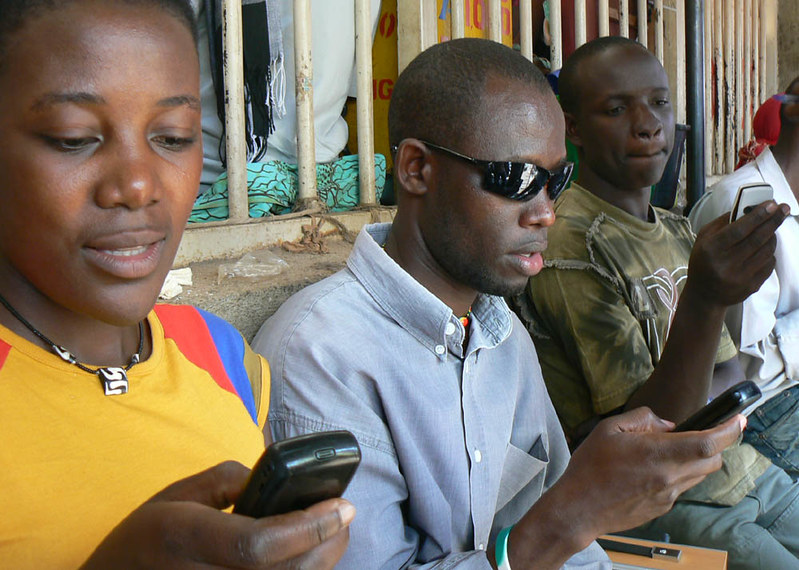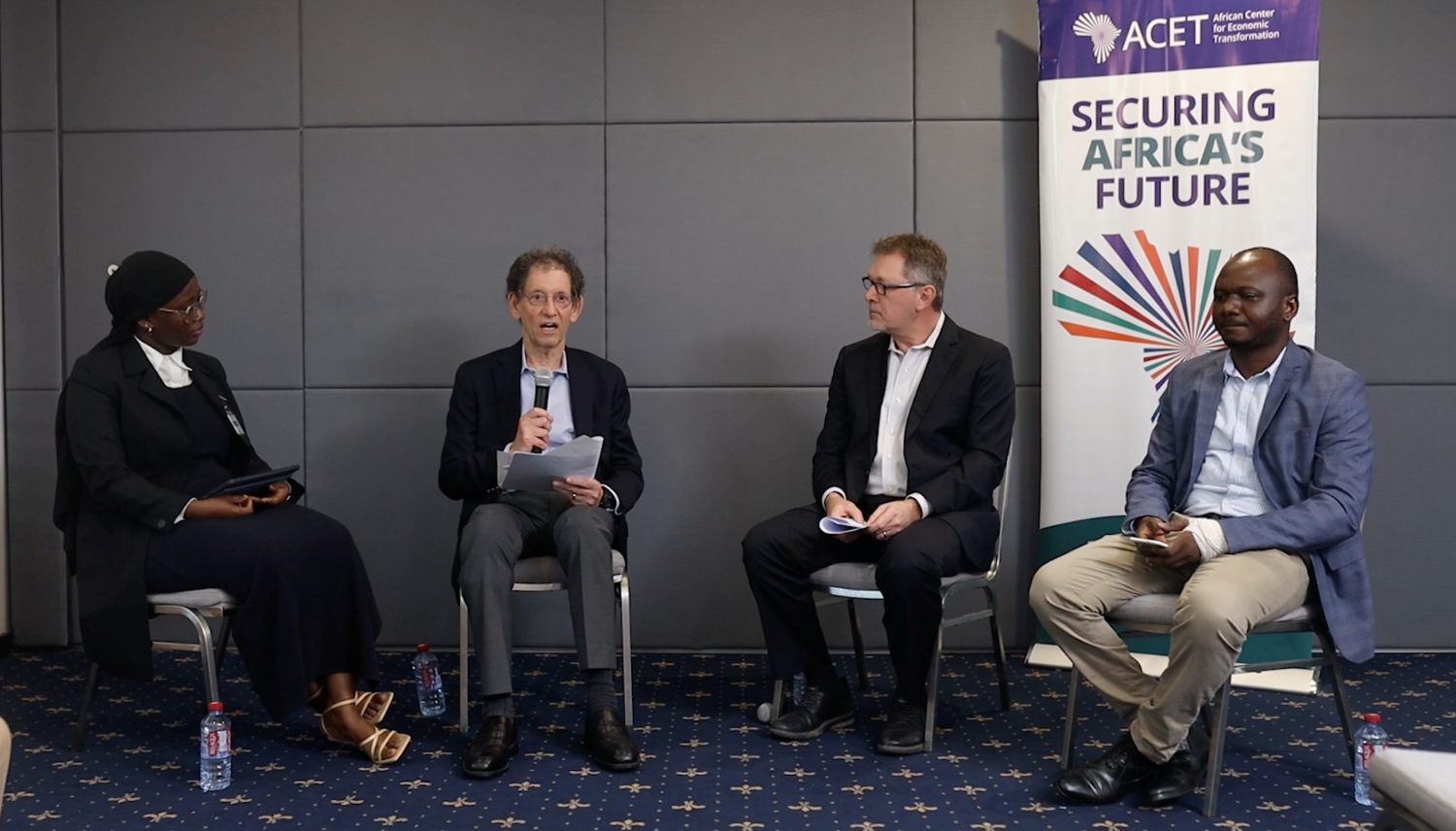What exactly is privacy? As Bob Gellman points out in his new CGD paper, the concept changes from place to place. Scandinavian countries have strict privacy laws, but tax returns are public; the United States has no broad privacy laws, but tax returns are shield from public scrutiny. In some European countries, nude sunbathing is common; in some Muslim countries, women typically appear in public wearing garments that cover the body from head to feet. That’s all to say that privacy—and efforts to protect it—depend on context.
In the United States and Europe, data privacy is very much in the news, including the growing international debate surrounding the revelations of Edward Snowden, as well as arguments on the merits and demerits of E-Verify and the controversy over the expanded use of FBI records in employer background checks. Exploding computer power has opened the way to big data, enabling an ever-wider range of personal information to be collected, stored, retrieved, analyzed, and cross-correlated, for myriad purposes. To some extent this is a fact of life—it is increasingly difficult to live as a hermit in an ever-more information-linked economy.
There are of course positive aspects to big data. For example, over 300 people in the United States have had wrongful convictions for serious crimes reversed through the use of DNA. But how can societies decide on reasonable tradeoffs on the use of personal data, including limiting its use for purposed not endorsed by the subject and discriminatory applications? How can individuals protect themselves against the adverse effects of errors in enormous, faceless, data sets?
Those are difficult questions to answer even in countries accustomed to official IDs and privacy concerns. But what about in developing countries? Many are working to provide first-ever official identification to their citizens, in some cases employing biometric technology far in advance of anything used before. A strong ID base is useful for many development applications, but sometimes the scope of such programs, and their repercussions for privacy, is undetermined.
The importance of data privacy will only grow with the expansion of large-scale databases. Some countries are moving to enact data privacy laws (a 2012 survey notes 89 cases), but often with limited capacity to implement them.
In some ways developing countries have an advantage—it’s far easier to build privacy provisions in at the initial stages than to attempt to retrofit existing programs. Robert Gellman argues in his paper that developing countries can systematically build privacy concerns into their growing ID programs through the flexible application of Fair Information Principles (FIPs), using Privacy Assessments to ensure that they are considered from the beginning. Some principles constrain the scope of applications and access to data while others reinforce an individual’s right to review records and seek redress of errors.
Gellman’s paper sets out some of the lessons to be learned from privacy debates with the hope that those lessons will help countries, as well as donors who may be assisting them, make choices about how to address privacy concerns in biometric identification systems. I urge anyone interested in biometrics to read it—and to watch this space for more. Gellman’s paper is one of many that will inform my forthcoming book, with Julia Clark, on the use of biometric identification systems in developing countries. Julia just marked her last day of employment here at CGD, but will continue to assist me on the book. For that—and for her superb work while at CGD—I am most grateful.
CGD blog posts reflect the views of the authors, drawing on prior research and experience in their areas of expertise.
CGD is a nonpartisan, independent organization and does not take institutional positions.





